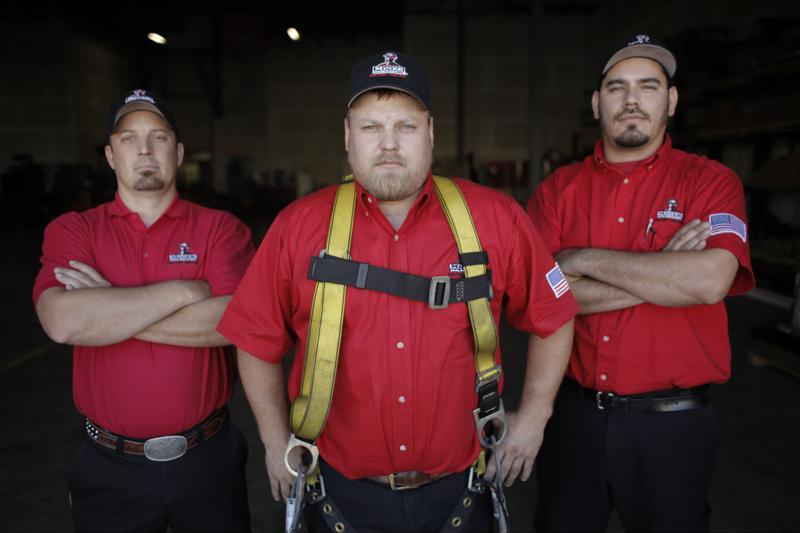Industries across the U.S. are facing the same challenge: a massive shortage of skilled workers. From truck drivers to welders to maintenance professionals, blue-collar work is becoming a rare aspiration for young workers.
There are expected to be 2 million manufacturing job openings by 2025, and 300,000 welding and welding instructor positions open by 2020, HR Dive reported. Further, the American Trucking Associations predict the driver shortage to reach 174,000 by 2026.
Many of the professionals working in these industries today are nearing retirement age, and few younger workers are coming in to fill the void. The widening age gap for skilled workers will put strain on facilities in many industries. It’s critical that facility managers and company leadership find innovative ways to solve the problems that result from a lack of younger talent.
Here are two ways to ease the impacts of a skilled worker shortage at your facility:
Partner with a facility expert
Labor shortages make it difficult to find the right professional to take care of the many maintenance requirements of a facility. Every piece of equipment in a warehouse has specific and complex needs, from the door to the forklift to the fan to the racking system. They must all be installed correctly, periodically inspected, adjusted when necessary and fixed when broken.
When your facilities maintenance jobs are filled, you can count on your staff to identify the problem, come up with a solution and implement it. But even without a maintenance professional on site, you’ll still need to address the aging lift table or the jammed conveyor system or the dock door that doesn’t close correctly.
That’s where a partnership with a facility maintenance expert comes in handy. When you work with a company like Miner, you can call on a professional who can look over your system that very day, then either have the solution on hand or identify how to fix the issue and address it the next day.
Facility maintenance experts aren’t just for last-minute problems or emergency situations. They can also help you develop a preventive maintenance schedule designed to mitigate sudden problems like equipment failure. They’ll also be the ones to implement that schedule and handle the repairs as needed.
Organizing a planned maintenance schedule is an essential part of caring for your material handling equipment, but it’s a challenging feat without a maintenance professional on staff. When partnering with Miner, however, you can feel confident that your equipment is well taken care of and working to the best of its potential.
 Partnering with a facility expert can help overcome a gap in maintenance professionals at your company.
Partnering with a facility expert can help overcome a gap in maintenance professionals at your company.Implement a training program
Getting your maintenance needs taken care of today is critical for any facility in any industry. When something breaks down, it’s not enough to think about a long-term solution in the moment. You have short-term obligations that can’t be ignored. Maintaining equipment intelligently, replacing broken components and conducting regular inspections are all essential to preventing sudden failures.
However, even when partnering with a facility maintenance professional to keep your warehouse running smoothly and safely, it’s still incredibly helpful to have trained employees working at your locations who can identify problems and address them. In fact, these experts provide valuable information to the service professionals who come to a facility to inspect, install, repair or replace equipment.
In the past, training and apprenticeship programs were excellent for funneling skilled workers into the labor market, but these have been largely discontinued. Training programs aren’t always easy to implement, but finding ways to fit workshops, training days or other educational programs into your company culture can help your staff immensely and attract new talent. A training program will teach workers valuable skills that they’ll carry with them throughout their career. It can also help instill a culture of improvement and support between co-workers and managers.
To learn more about partnering with a facility expert, reach out to Miner.

